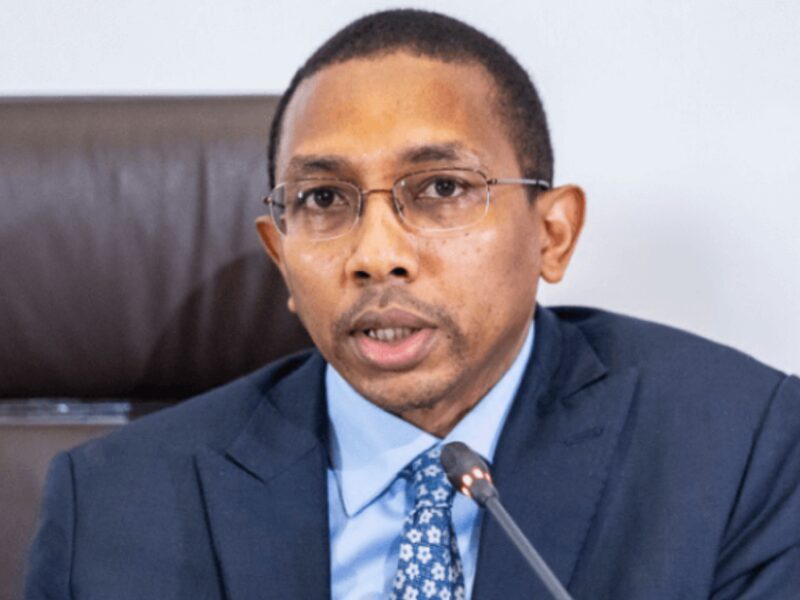Muktar explained that the government plans to invest approximately $770 million in the establishment of these clinical research centres, adding that discussions are already underway with Contract Research Organisations (CROs) to ensure demand for the centres once operational.
Abuja, Nigeria – The Federal Government of Nigeria has announced plans to establish 435 clinical research centres across the country by 2028, with the goal of generating $3.8 billion in revenue through clinical trial activities.
This was disclosed by Abdu Muktar, National Coordinator of the Presidential Unlocking Healthcare Value Chain Initiative, during a panel discussion at the Nigeria Economic Summit.
Muktar explained that the government plans to invest approximately $770 million in the establishment of these centres, adding that discussions are already underway with Contract Research Organisations (CROs) to ensure demand for the centres once operational. He noted that the locations for the centres are currently being identified.
“We’ve done a business case in collaboration with an organisation called Purpose Africa. It’s projected that establishing these 435 clinical trial centres will cost around $770 million. However, the potential revenue is significant—about $3.8 billion—meaning for every dollar invested, we expect to generate about $5 in return,” Muktar said.
He also highlighted recent developments in genomic research, citing the inauguration of an international genomic centre in Ede, Osun State, which was attended by experts including Kristen Happi and Francis Collins, former director of the U.S. National Institutes of Health. Muktar described the centre as a potential foundation for Nigeria’s emergence as a global hub for genomics.
In addition to these efforts, the government is also working on creating a single platform for pooled procurement of healthcare products, aimed at reducing costs and increasing access to essential medicines. This initiative, to be implemented through a Public-Private Partnership (PPP) framework, draws on successful international models tailored to Nigeria’s specific needs.
“The President has given the green light for this platform, which will bring together stakeholders, including federal and state governments, manufacturers, and health insurance agencies, to streamline procurement,” Muktar said.
Funke Falade, a consultant with the Nigeria Sovereign Investment Authority, also spoke at the summit, expressing optimism about the increasing participation of African nations in clinical trials. She pointed out that international calls for greater African representation in clinical research are growing, creating more opportunities for Nigeria in this space.
However, Falade noted that the success of the government’s strategy in leading to drug discovery would depend on the availability of domestic financing for preclinical research, emphasizing that “whoever pays for the science dictates the priorities.”








Join our Channel...